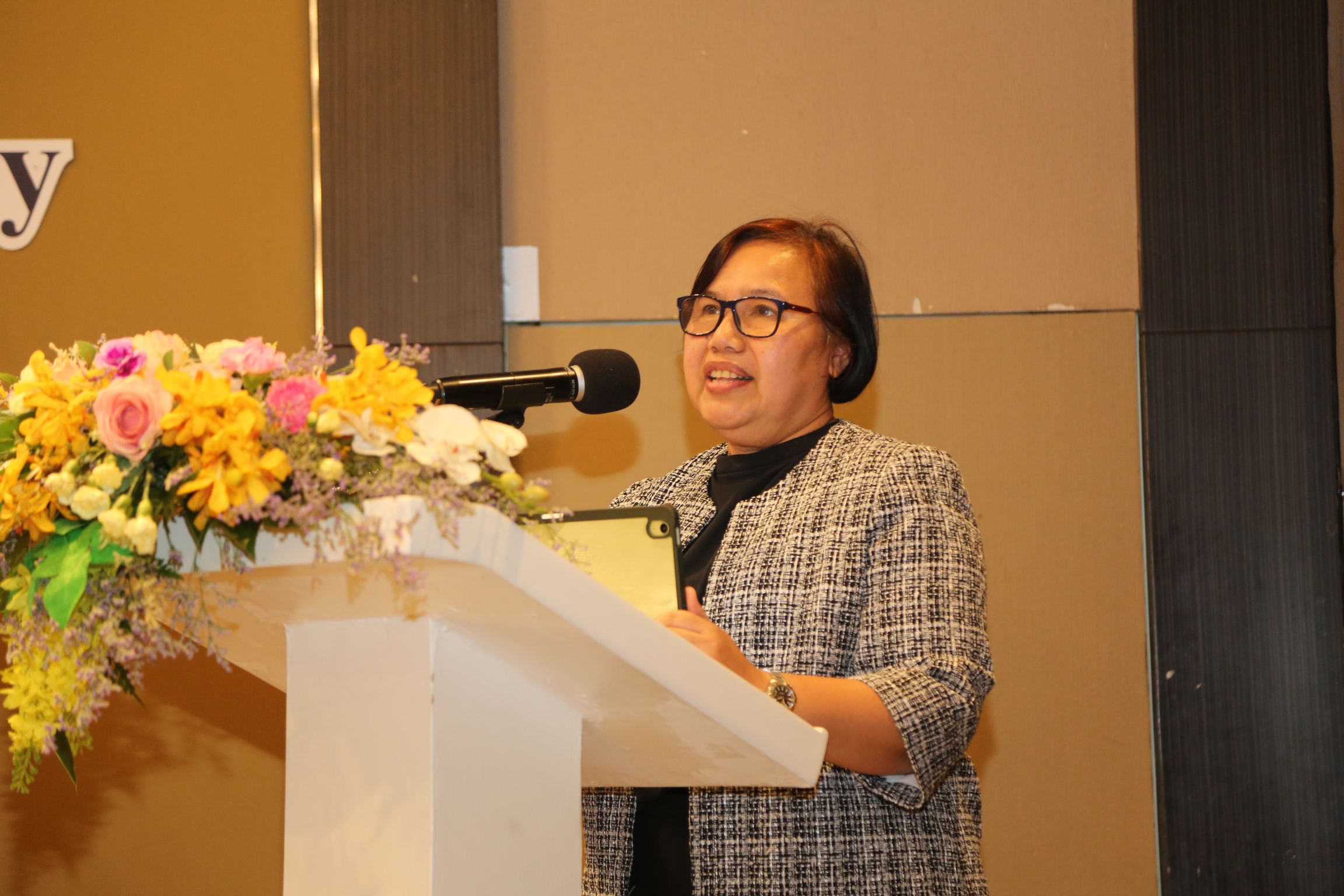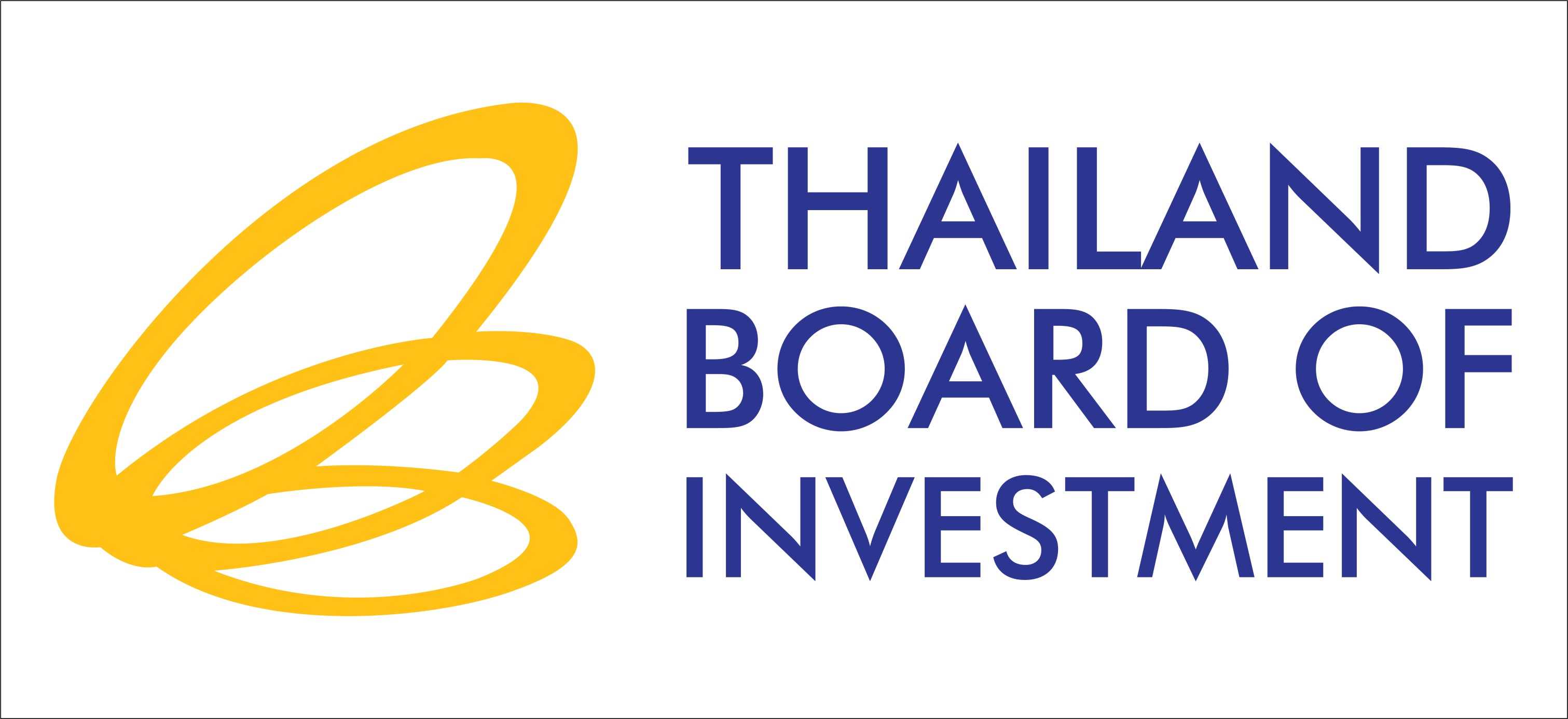Focus on skills, education
Focus on skills, education
Chatrudee Theparat
Focus on skills, education, regional development needed to create a more equal society in Thailand
The World Bank proposed Thailand can narrow relatively high levels of income inequality by boosting worker skills, revising education to emphasize digital ability, increasing female labor force participation, and raising agricultural productivity.
Thailand has made significant progress in reducing gaps between the wealthiest and the poorest since the early 2000s, but progress has slowed since 2015, according to "Bridging the Gap: Inequality and Jobs in Thailand." In 2021, Thailand had an income Gini coefficient - a standard measure of income inequality - of 43.3%, the highest level of income-based inequality in the East Asia and Pacific region. The concentration of income in the wealthiest households is particularly high: in 2021, the richest 10% of Thais held over half of the country's income and wealth.
Differences in educational opportunities and skills, low farm incomes, an aging population, and increasing household debt pose challenges to lowering inequality in Thailand. Although COVID-19's effect on poverty and inequality was relatively mild, the pandemic may have exacerbated the existing gap in learning outcomes and household debt challenges. Thailand's rising cost of living and shrinking working-age population share are additional factors complicating efforts to reduce inequality.
We see in this report that inequality in Thailand begins very early in life, with unequal opportunities in human development, which perpetuates over the life cycle and across generations," said World Bank Country Manager for Thailand, Fabrizio Zarcone.
Income disparities between regions and between communities within regions contribute to overall inequality in Thailand. In 2020, the average income in Bangkok, which has the country's highest regional GDP per capita, was more than 6.5 times that of the northeast region, which has the lowest GDP per capita. The concentration of economic growth in Bangkok has amplified regional disparities in Thailand, emphasizing the need for balanced regional development.
Educational gaps and occupational differences are the largest drivers of income inequality in Thailand. Attendance is nearly universal at lower levels of education but falls off by upper secondary school. Approximately 8% of girls aged 15-17 do not attend school, a figure that soars to 17% among boys.
The challenges of distance learning during the pandemic fell hardest on students in Thailand's poorer households. The pandemic is estimated to have widened the learning gap-the difference between the expected years of school and the learning-adjusted years of school— from 3.7 to 4 years, further aggravating the country's already-low learning outcomes, particularly among low-income families. With this, the Human Capital Index - a World Bank metric of the contribution of health and education to the productivity of individuals and countries - is estimated to have declined in Thailand from 0.61 in 2020 to 0.55 in 2022.
COVID-19 also exacerbated household debt challenges, contributing to the wealth gap. The overall rate of indebted households in Thailand increased from 45.2% to 51.5% between 2019 and 2021 as households borrowed to compensate for income losses. "Thailand can leverage the crisis generated by the pandemic to promote necessary reforms and create a more equal and inclusive society, " said World Bank Poverty Economist Nadia Belhaj Hassine Belghith, who led the study. "In particular, Thailand needs to support schools in assessing student learning and provide learning recovery programs. Strengthening social protection programs and providing well-targeted assistance, will enhance the ability of existing transfers to benefit poorer households."

The National Economic and Social Development Council (NESDC), deputy secretary general Worawan Plikhamin said in 2022, there were 3.8 million poor people, accounted 5.43% of total population, down from 4.4 million, accounted 6.32% of 2021.
Poverty line in 2022 also was improved to meet 2,997 baht per head/month in 2022, up from 2,803 baht per head/month in 2021.
04 December 2023
Viewed 141 time
 EN
EN 




